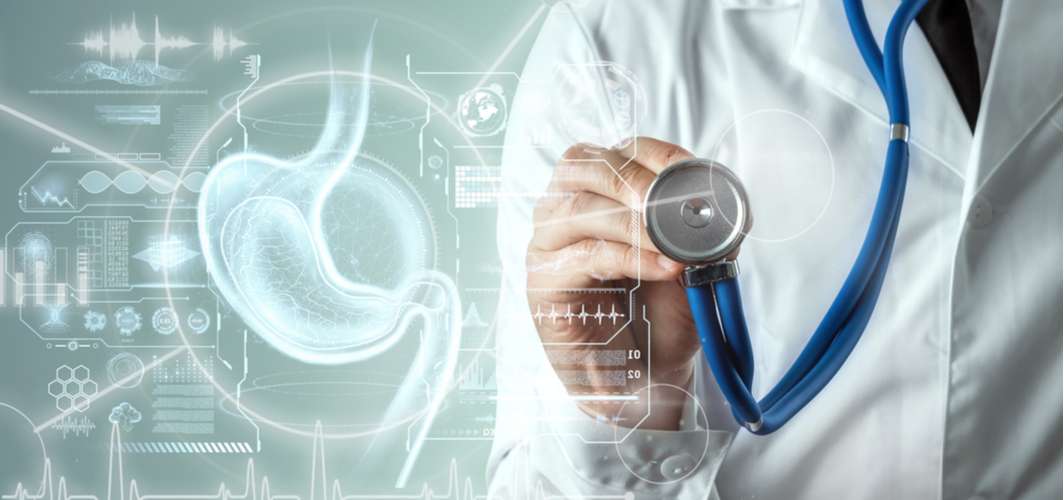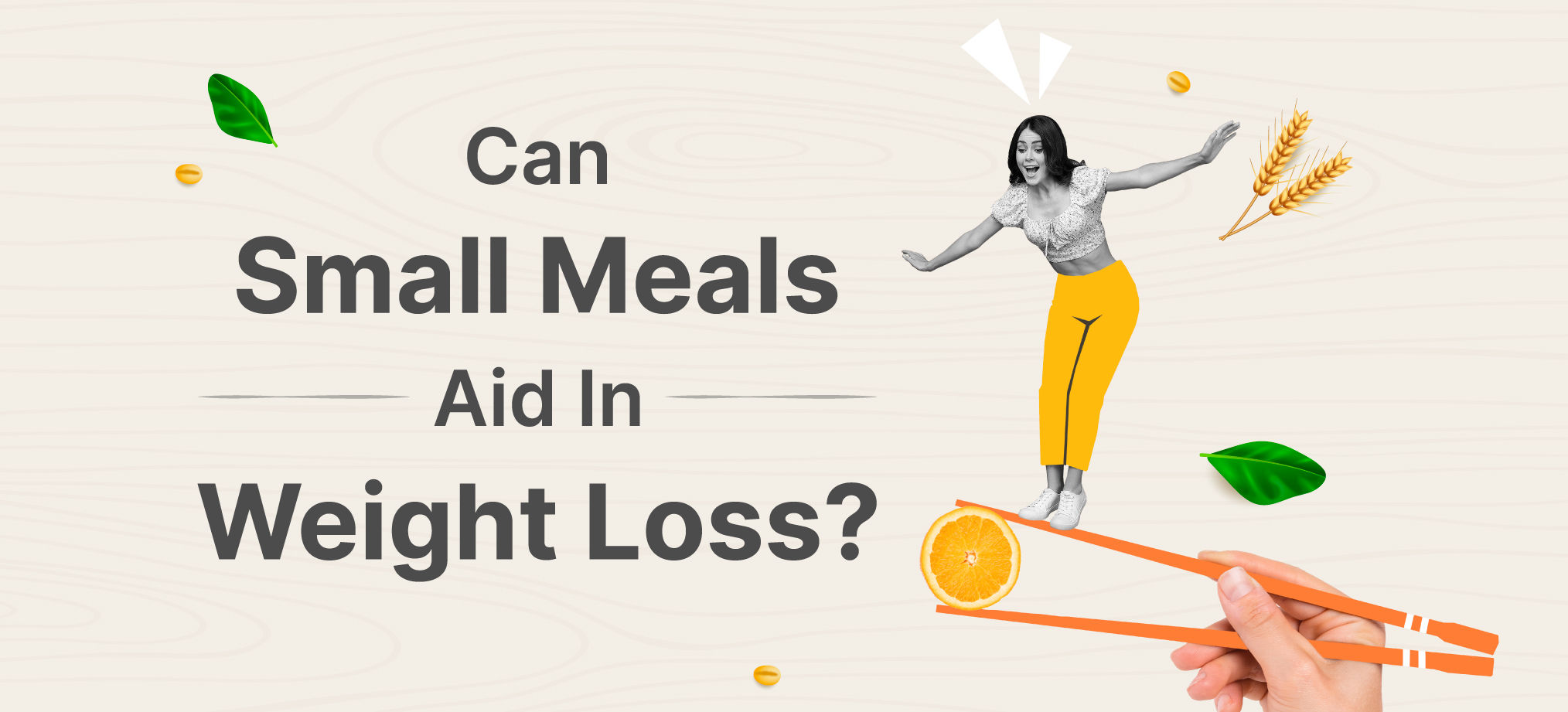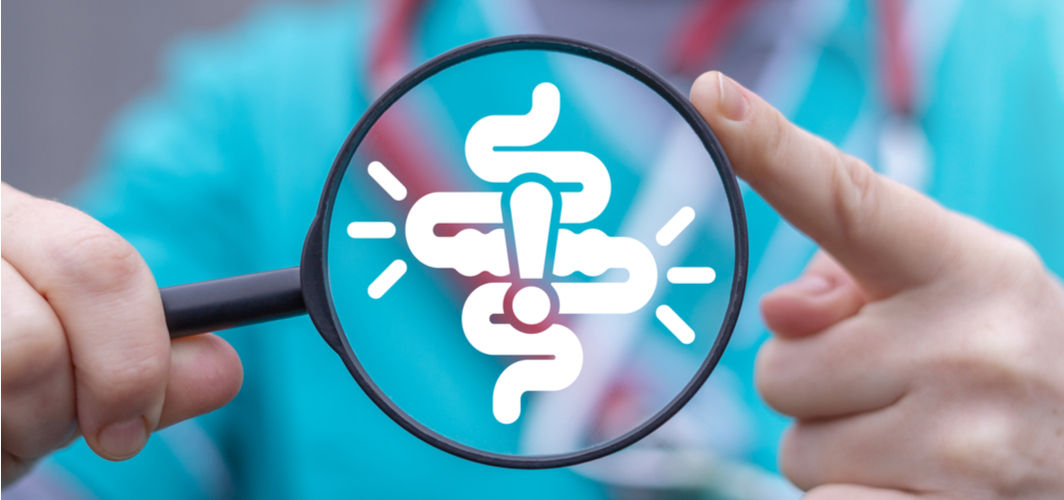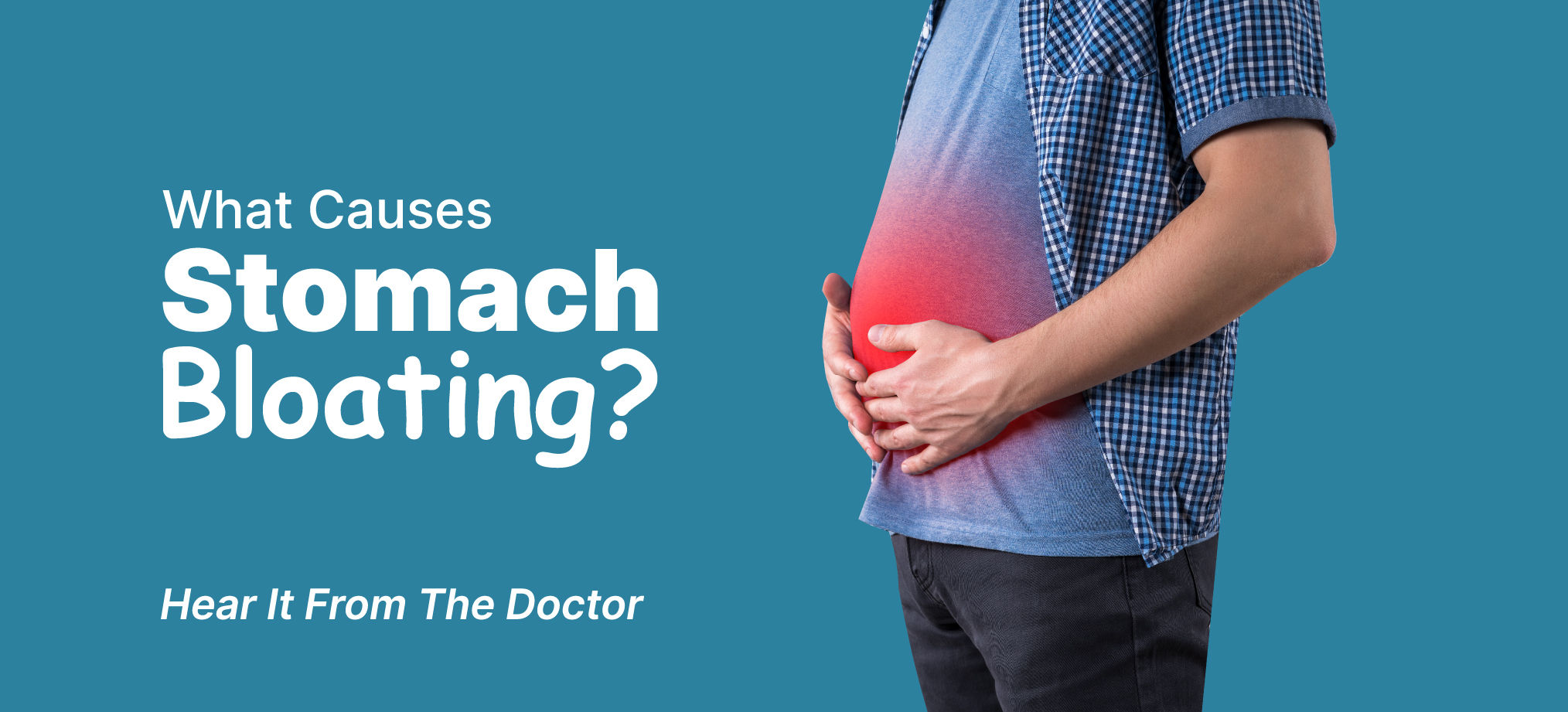Digestive Health
What Is the Gut-brain Connection?
6 min read
By Apollo 24/7, Published on - 15 February 2021, Updated on - 20 March 2023
Share this article
3
36 likes

Nearly all of us experience strange and inexplicable sensations in the stomach every now and then. “Butterflies in the stomach”, “gut-wrenching”, and “gut-feeling” are some of the terms and expressions that are used to describe these sensations. They are usually triggered by emotions such as fear, anxiety, sadness, elation, etc.
Scientists and medical researchers attribute these sensations to the gut-brain connection, a “two-way” communication system between the gut and the brain. The connection is responsible for the impact of brain health on gut health and vice versa. Let us explore what connects the gut and the brain and how it affects their health and functioning.
The connection between the gut and the brain
The connection between the gut and the brain comprises multiple physical and biochemical systems. These include:
-
The nervous system
Neurons, or nerve cells, are the fundamental units of the central nervous system and the brain. There are nearly 100 billion neurons in the human brain. Surprisingly, the gut contains also 500 million neurons that are connected to the brain via the nervous system. Scientists say that a part of the nervous system called the enteric nervous system is located in the gut. The enteric nervous system is sometimes referred to as the “second brain”.
One of the biggest nerves that connect the brain to the gut is the vagus nerve. This nerve is responsible for the to-and-fro communication between the brain and the gut. Various studies have suggested that the vagus nerve plays an important role in the gut-brain connection. Some studies in animals have found that stress contributes to gastrointestinal issues by interfering with the signals sent via the vagus nerve. One particular human study has associated reduced function of the vagus nerve with gastrointestinal problems like Irritable Bowel Syndrome (IBS) and Crohn’s disease.
-
Neurotransmitters
The gut and the brain are connected together via neurotransmitters as well. The neurotransmitters act as the chemical messengers of the human body. They are primarily produced in the brain; however, many are also manufactured by the gut cells and the trillions of microbes residing in the gut. Serotonin, a neurotransmitter that controls emotions and feelings, is primarily produced in the brain. Nevertheless, a significant proportion of serotonin is manufactured in the gut as well.
The microbes in the gut are responsible for producing a neurotransmitter called gamma-aminobutyric acid (GABA). The neurotransmitter is known to help regulate the feelings of anxiety and fear. Studies have shown that high levels of GABA may be associated with reduced symptoms of depression and anxiety.
-
Short-chain fatty acids
Short-chain fatty acids (SCFAs) are chemicals produced by gut microbes. SCFAs are mainly responsible for providing nutrition to the cells of the colon (large intestine) by digesting dietary fibers. According to studies, some of the SCFAs also affect the functioning of the brain.
Propionate, one of the SCFAs produced by the gut, affects appetite by regulating the feeling of satiety and hunger. According to studies, propionate can help reduce the intake of food by influencing the activity in the brain. Another SCFA, butyrate, is required in the formation of the blood-brain barrier. The blood-brain barrier plays a key role in facilitating the supply of nutrients to the brain while protecting it from toxins and infectious microorganisms.
-
The immune system
The gut and the brain are also connected via the immune system. The microbes in the gut and the gut itself play a key role in inflammation and immune function. An overactive immune system can cause inflammation. Over time, chronic inflammation can adversely affect brain health by increasing the risk of depression and Alzheimer’s disease (AD).
Poor gut health can facilitate the growth of certain bacteria that produce lipopolysaccharide (LPS), an inflammatory toxin. The toxin can trigger severe inflammation if too much of it crosses into the blood from the gut. This risk increases manifold when the gut barrier becomes leaky. High LPS levels combined with inflammation are associated with an increased risk of dementia, schizophrenia, and severe depression.
Probiotics, prebiotics, and the gut-brain connection
Gut microbes affect the health of both the gut and the brain. They also influence the functioning of the gut-brain connection. Therefore, it is important to maintain a healthy balance of microbes in the gut to improve brain and gut health.
Scientists recommended adding probiotics and prebiotics to the diet to support gut and brain health. Probiotics are live bacteria that offer immense health benefits when consumed. They are believed to help improve digestion and reduce symptoms of stress, anxiety, and depression. Prebiotics are types of dietary fibers that act as food for healthy gut microbes. They are also known to be beneficial for gut and brain health.
Foods beneficial for gut-brain connection
Certain types of food can help support the growth of healthy microbes in the gut and improve brain health. Some of the most important ones are:
- Omega-3 fatty acids: Studies have shown that increasing the intake of omega-3 fatty acids can help increase the good microbes in the gut and reduce the risk of neurological disorders. Oily fish, nuts, and flaxseeds are some of the best sources of omega-3 fatty acids.
- Fermented foods: These foods contain lactic acid bacteria which is a healthy microbe. They are known to have a positive effect on brain health. Yogurt and cheese are some of the most commonly consumed fermented foods.
- High-fiber foods: Foods rich in dietary fibers are good for the healthy microbes in the gut. Intake of high fiber foods can help reduce the levels of stress hormone in the human body. Chia seeds, lentils, oats, and almonds are some of the best sources of dietary fiber.
- Foods rich in polyphenols: Polyphenols are plant-based chemicals that are metabolized by the microbes in the gut. These chemicals are known to support the growth of healthy gut microbes and improve cognition. Polyphenols are found in berries, green tea, coffee, cocoa, olive oil, nut, etc
- Foods rich in tryptophan: Tryptophan is an amino acid that is synthesized into the neurotransmitter serotonin in the brain. Eggs, cheese, and nuts are rich sources of tryptophan.
Conclusion
The gut-brain connection refers to the physical and biochemical systems that link the gut and the brain together. The connection helps both the organs communicate with each other directly. It also ensures that the health and functioning of the two organs are tied together to a great extent. When one of the two organs experiences a problem, the other exhibits symptoms as well.
In order to improve the health of the gut, the brain, and the gut-brain connection, it is important to maintain a healthy balance of microbes in the gut. Increasing the intake of foods rich in probiotics, prebiotics, omega-3 fatty acids, polyphenols, and tryptophans can help support the growth of healthy microbes in the gut.
Talk to a gastroenterologist if you have any questions related to digestive health.
Digestive Health
Leave Comment
Recommended for you

Digestive Health
Several Small Meals Or One Or Two Large Meals A Day? Which One Is Healthier?
Every individual should choose their eating habits based on their metabolism or health goals. However, the debate is all about whether to eat many meals in small portions or eat one or two heavy meals in a day.

Digestive Health
Differences: Irritable Bowel Syndrome and Inflammatory Bowel Disease
IBS and IBD are two chronic conditions that affect the gastrointestinal tract or the digestive tract that runs from the mouth to the anus.

Digestive Health
Easy Ways to Manage Stomach Bloating
Lifestyle modifications like eating more fiber, drinking enough water, exercise, avoiding processed foods, and practicing mindful eating can prevent and relieve stomach bloating.
Subscribe
Sign up for our free Health Library Daily Newsletter
Get doctor-approved health tips, news, and more.
Visual Stories

Hidden Health Benefits in a Bowl of Salad
Tap to continue exploring
Recommended for you

Digestive Health
Several Small Meals Or One Or Two Large Meals A Day? Which One Is Healthier?
Every individual should choose their eating habits based on their metabolism or health goals. However, the debate is all about whether to eat many meals in small portions or eat one or two heavy meals in a day.

Digestive Health
Differences: Irritable Bowel Syndrome and Inflammatory Bowel Disease
IBS and IBD are two chronic conditions that affect the gastrointestinal tract or the digestive tract that runs from the mouth to the anus.

Digestive Health
Easy Ways to Manage Stomach Bloating
Lifestyle modifications like eating more fiber, drinking enough water, exercise, avoiding processed foods, and practicing mindful eating can prevent and relieve stomach bloating.